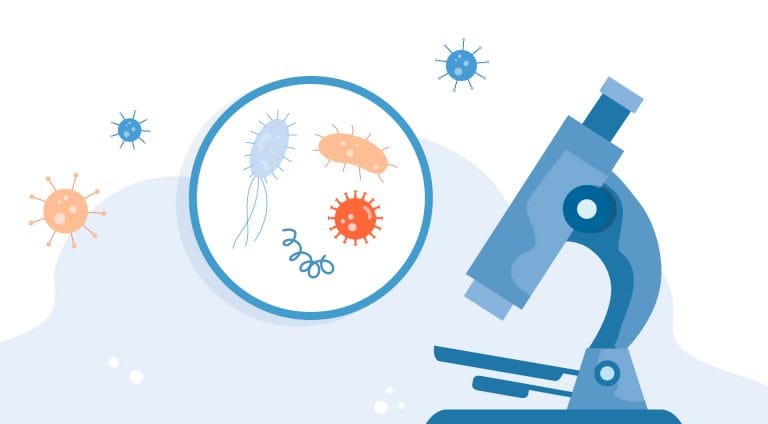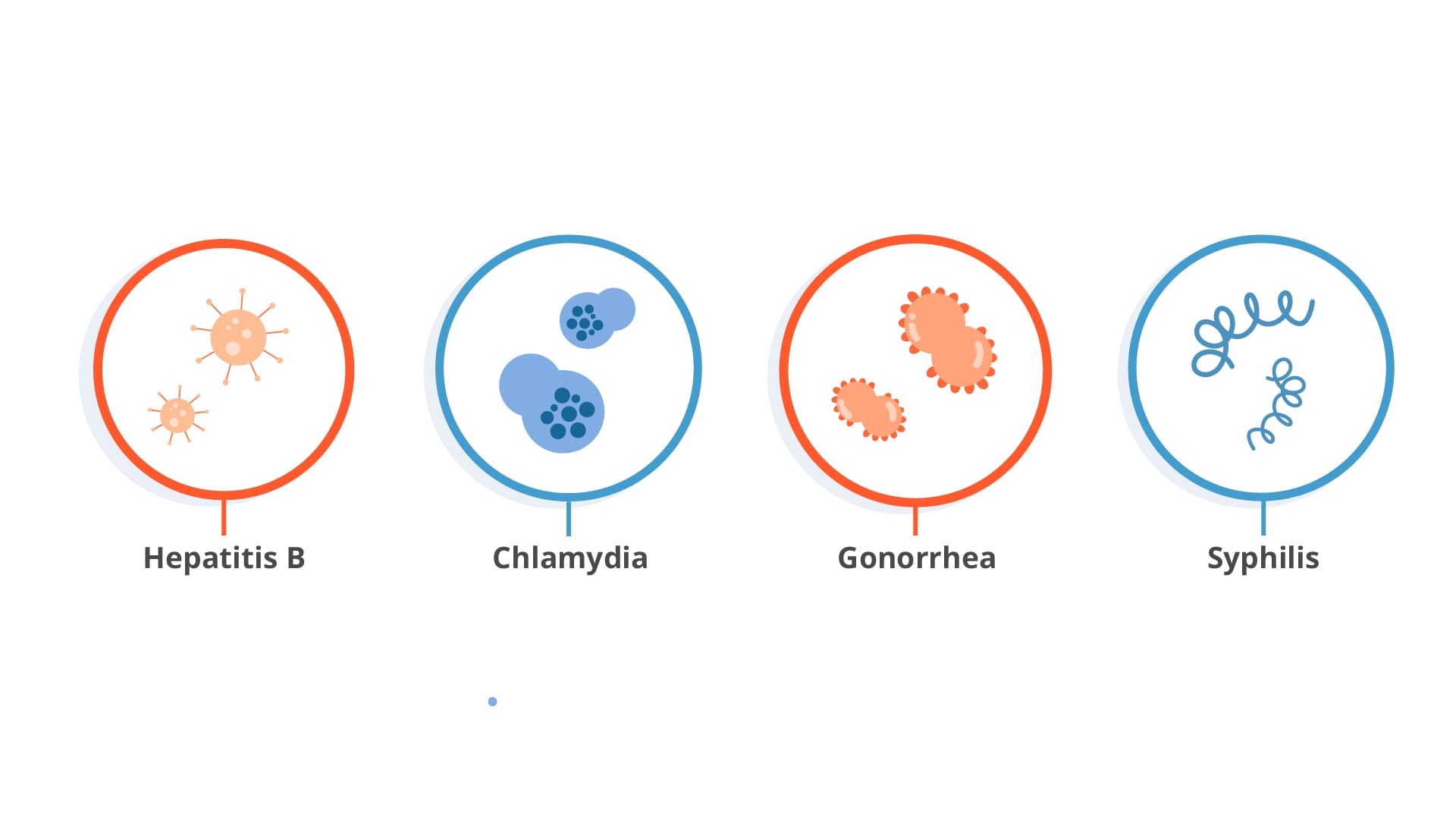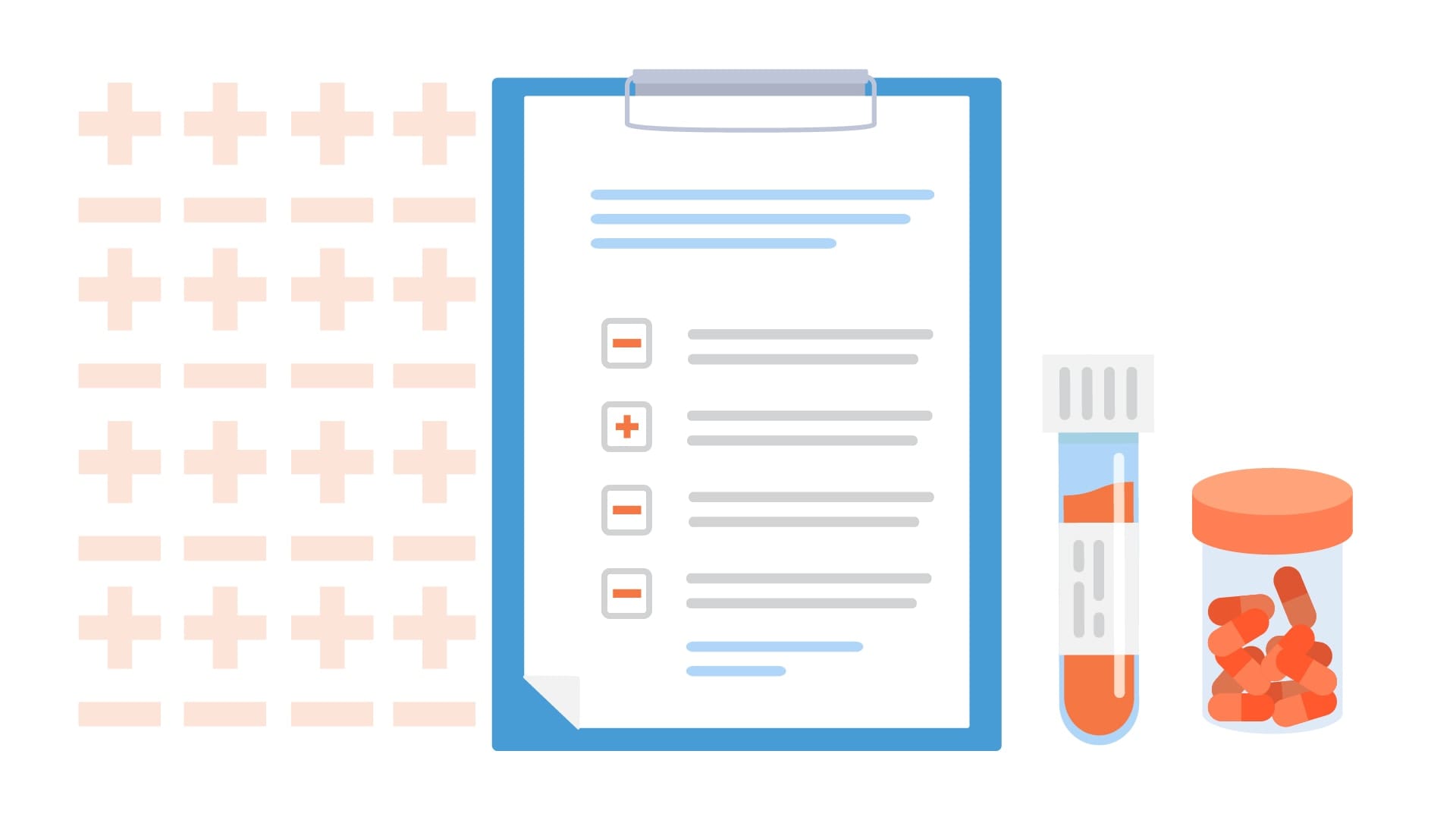STD testing is essential for any person who is sexually active, especially those who have multiple sexual partners. There are certain preventative measures that can help you practice safer sex by preventing pregnancy; however, these methods don’t protect from STDs. If you’re not using condoms, you could be at risk for both pregnancy and STDs. Even if you haven’t had penetrative sex with a person, there’s still a risk of STD transmission with other related sexual acts. There are a number of different tests, depending on what your symptoms or risk factors are. In some cases, you might not even get signs or symptoms. It’s possible to have an STD without being aware of it. Having an STD for a long time without getting it treated can lead to many other problems. Sexually transmitted diseases are more common than many people think. Let’s take a deeper look at STD testing, what it entails, and who should be tested.
What is STD testing?
In the US, more than 19 million new STD infections occur every year. Half of all sexually active individuals will get an STD in their lifetimes. If these STDs aren’t detected and treated in a timely manner, they can cause all kinds of serious problems. Some of these problems include:
- Organ damage
- Blindness
- Cancer
- Infertility
The only way to know for sure whether you have an STD is to get tested. Unfortunately, many people don’t get tested and treated quickly enough. This is usually down to the stigma attached to STDs and STD testing, or the fact they may not know they have an STD. If you’re a person who is sexually active, making your sexual health a priority involves getting tested for STDs.
At a regular checkup, you shouldn’t assume that you’re being tested for STDs. You usually have to ask for STD testing, even at a gynecological exam, and inquire as to which tests are being done. You need to remember that doctors can’t help you without you being open with them. Taking care of your sexual health is crucial, so don’t be shy about anything you think you may have been exposed to. Being as honest as possible will help you to get the right treatment.
Home STD Testing
If you’d rather test yourself at home, then you must make sure the kit you use is FDA approved and your samples are sent to a reputable lab afterwards. If you don’t, these tests can sometimes be unreliable. AT home tests can tend to return a high number of false positive results. If you test positive from a home test, it’s a good idea to contact a doctor or healthcare provider to confirm that you have the STD. If your test comes back negative but you do have symptoms, it could still be a good idea to see a doctor. Although home testing can save you some embarrassment, it’s more accurate to get tested with your doctor or at a clinic. This will save you time and money and ensure you are treated as quickly as possible. Remember, STDs are extremely common amongst sexually active adults. Nobody is judging you for being proactive about your sexual health.
Where to Get Tested
If you want to get tested by a professional, there are a number of places you can go. You can go to your local Planned Parenthood, another clinic, or a private health care provider.
What You Can Be Tested For
There are many different STDs that you can be tested for. Discussing your sexual history with your doctor should give you an idea of what kind of testing to have. Here are some of the STDs:
- Syphilis
- Hepatitis B
- Chlamydia
- Gonorrhea
You will usually need to ask to be tested for herpes as doctors don’t usually test for it. Your doctor will only know what to test you for if you are honest about your risk factors. Risk factors include:
- You and your partner having other sexual partners
- Known exposure to STDs, or suspected exposures
- Medication you are taking
- Types of protection used during different kinds of sexual activity
This can be difficult to talk about, but your health should take priority. If you’d rather, you can usually take a friend or partner with you for support.
Questions You May Be Asked During A Screening
As knowing as much as possible about your health and sexual history is important before testing, you’ll be asked a number of questions. These may include:
- When your last period was
- Whether you’ve used over-the-counter medicine to treat symptoms
- Whether you’ve had an STD before
- How many sexual partners you have and what kind of protection you use
Being honest with your healthcare provider is crucial to getting the right testing and treatment. It can be tempting to lie out of fear that they’ll judge you, but you are only hurting yourself if you do.
Potential STD Symptoms
There are a number of symptoms that may point to you having an STD. These include sores on the genital area, discharge, itching, and burning. You may also notice a strange smell. You must bear in mind that you won’t always show symptoms. Many people don’t know that they have an STD because the infections are frequently asymptomatic. This is why it’s so important to get tested if you’ve ever had unprotected sex, no matter how long ago it was.
How You Are Tested
The way you are tested will vary depending on what you suspect you might have or are being tested for. Some worry that it will be painful or uncomfortable, but you can test for many STDs using a simple blood or urine sample. Just be aware that these may not be reliable in detecting some STDs. You may need to have had the infection for more than a month before it shows up in your blood test. In some cases, it may be better if you are examined by your doctor. They’ll look for telltale signs, but you should also let them know if you’ve noticed any changes around your genitals yourself. Swabs can also be used to detect STDs. You may have your genitals swabbed, or the inside of your mouth to test saliva. It depends, but your doctor may let you swab yourself depending on the circumstances.
Some people think they are automatically tested if they are having a gynecological exam or are having any other kind of testing performed by their doctor. This isn’t the case. You must ask to be tested for STDs and let your doctor know why you think you should get tested. If you’re unsure, make sure you ask exactly what you’re being tested for. Don’t be afraid to request a form of test if you think you need it.
When Should You Be Tested?
There are a few different circumstances in which you should consider getting tested. For instance, if you’re about to start a new relationship, it’s a good idea to get tested first. If your partner has cheated on you, or you’re thinking of not using condoms anymore, you should get tested. If you have symptoms for any STDs or have multiple partners, these are also good reasons to get tested.
The only time you may not need regular testing is if you’re in a long-term, monogamous relationship and you were both tested for STDs beforehand. If you weren’t tested beforehand, there’s always the possibility you have had an undiagnosed STD for a while. It’s more common to find this than you might think.
Getting Your Results
If you test positive for an STD, you need to take the treatment as recommended by your healthcare provider. You may need to take an antibiotic. If your STD is serious, in some cases there’s no cure, and you’ll simply need to learn to manage the symptoms. It’s also your responsibility to tell your sexual partners that you have an STD. You can pass infections on easily, so making sure they also get tested and treated is important. If you don’t, they could develop serious health problems. You can also have a nurse tell your partners for you, and your name will not be used.
It’s normal to feel very emotional after finding out you have an STD. You may feel upset, angry, or ashamed of yourself. You shouldn’t beat yourself up about it. Learn from your mistakes, and be glad you did the right thing by getting tested. You can speak to your doctor or nurse about any other sexual health concerns you may have. They can refer you to outside services if you want more support.
After testing positive and taking the treatment, you may need to be tested again to be sure you are clear of the STD. This may happen in chlamydia cases, for instance. You will need to finish the course of treatment, and make sure your partners have done so before you engage in sexual activity again. If you do engage in sexual activity with a partner before treatment is finished, there’s a chance the STD will stay in your body. This can cause problems later on. You will need to go to your healthcare provider again to discuss this. Remember, your results and information will always be stored in a secure database.
Taking care of your sexual health has never been more important than it is now. With the high number of new infections spreading every year, taking care of yourself should be your priority.



